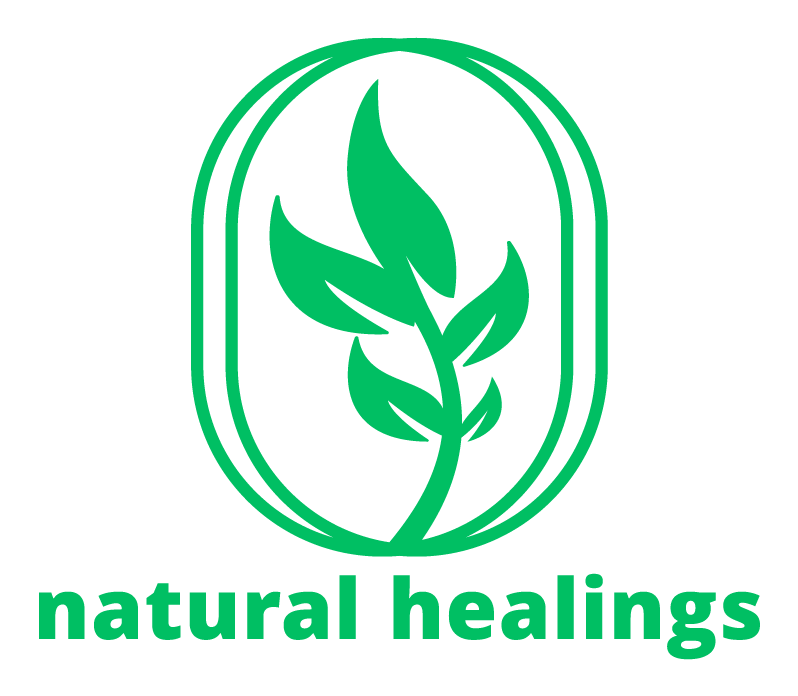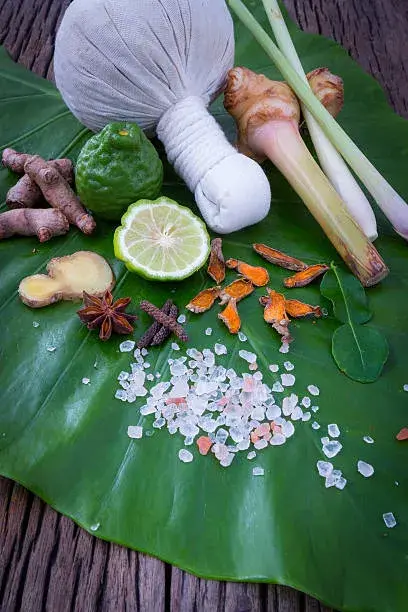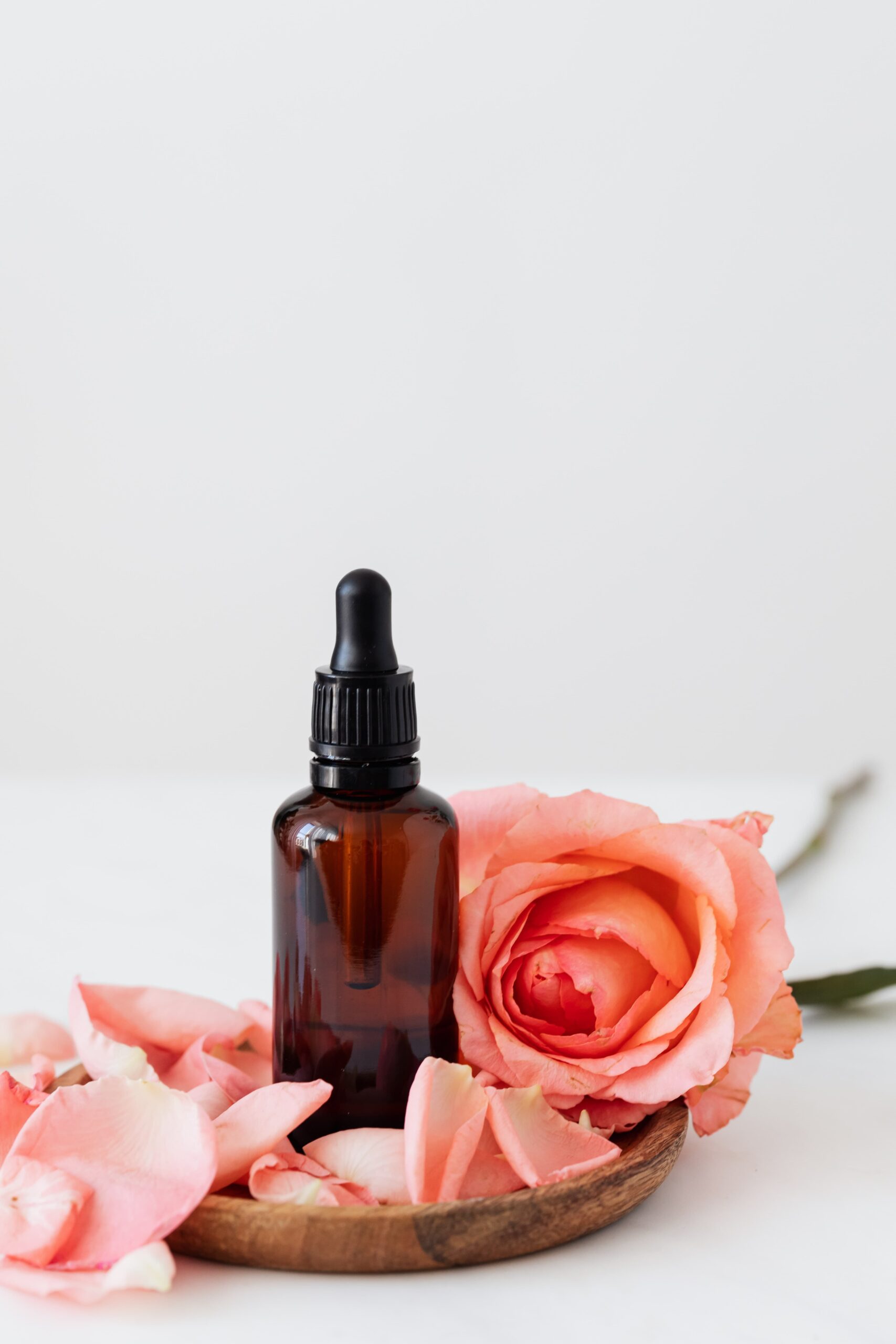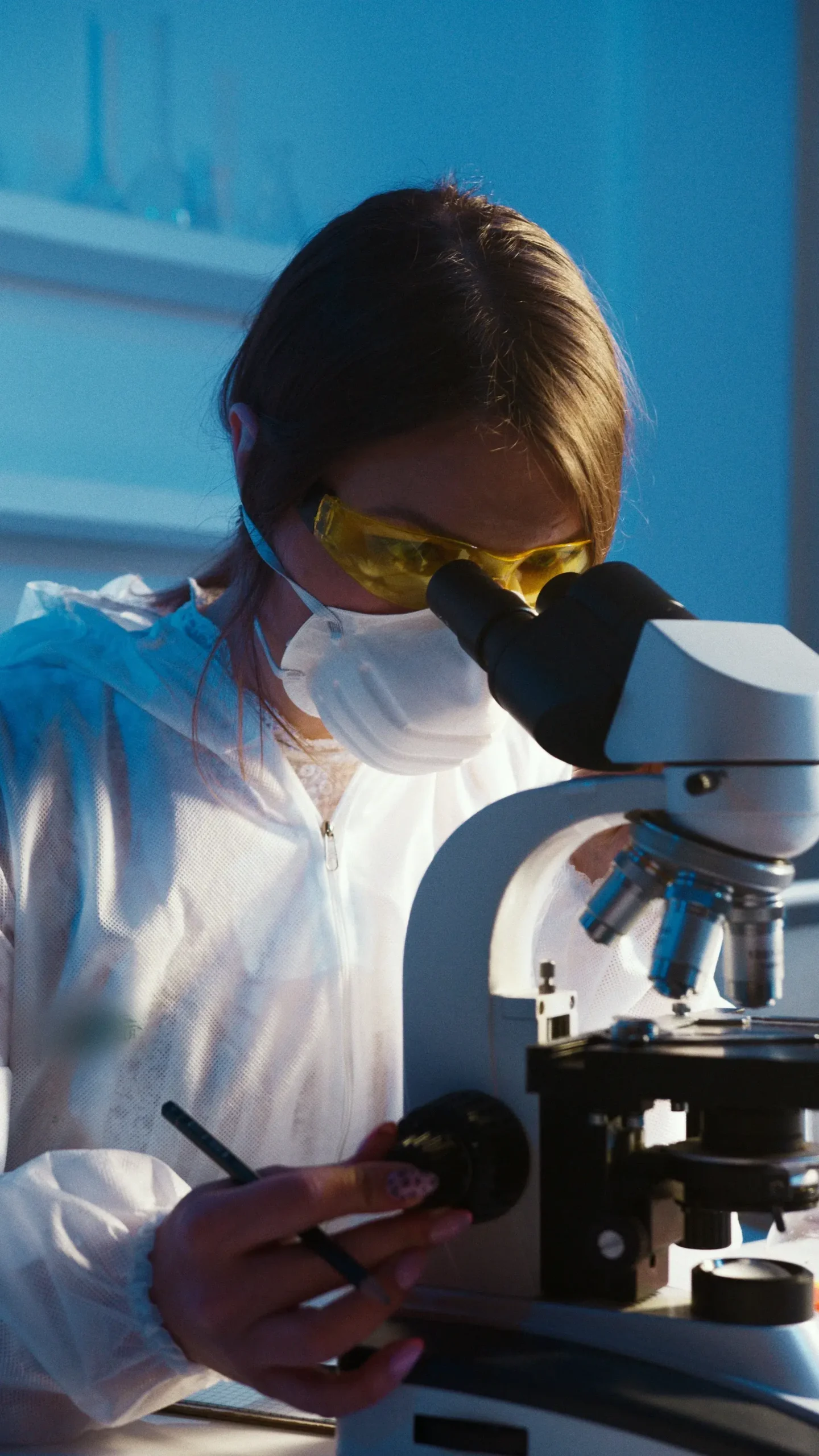Holistic healing is an approach to healthcare that focuses on treating the entire individual mind, body, and spirit rather than just symptoms of illness. It integrates various natural and alternative therapies to restore balance and promote well-being. In today’s fast-paced world, where stress, poor lifestyle choices, and environmental toxins contribute to declining health, holistic healing offers a way to achieve harmony and long-term health without relying solely on conventional medicine.
This approach emphasizes preventive care and aims to enhance the body’s natural ability to heal itself through lifestyle changes, stress management, and spiritual awareness. Unlike conventional treatments that often target specific diseases or symptoms, holistic healing considers multiple factors, such as emotional well-being, mental clarity, and spiritual peace, to promote a healthier and more balanced life.
Understanding Holistic Healing
Holistic healing is based on the belief that health is a result of the balanced interaction between physical, emotional, mental, and spiritual well-being. It recognizes that illness can stem from multiple factors, including stress, lifestyle choices, emotional trauma, and environmental influences. Holistic practitioners aim to identify and treat the root causes of health issues rather than merely suppressing symptoms. By addressing all aspects of a person’s life, holistic healing encourages a profound sense of well-being and vitality.
Holistic healthcare often incorporates alternative medicine, including acupuncture, chiropractic care, herbal medicine, energy healing, and dietary therapies, alongside modern medical treatments. By considering an individual’s overall health rather than isolating symptoms, holistic practitioners can create personalized treatment plans that foster long-term wellness.
Principles of Holistic Healing
Holistic healing follows several core principles that guide its approach to health and well-being:
Whole-Person Approach – Treats the individual as a whole, considering mental, physical, and spiritual health.
Prevention Over Cure – Focuses on preventing illness by maintaining a healthy lifestyle, reducing stress, and promoting wellness practices.
Natural Healing – Utilizes natural remedies, therapies, and practices to enhance self-healing without relying on pharmaceutical interventions.
Personalized Care recognizes that every person is unique and requires tailored treatments based on their lifestyle, emotional well-being, and personal needs.
Energy Balance – Believes that energy flow in the body plays a crucial role in health and wellness; disruptions in energy fields can lead to illness.
Integration of Mind and Body: This approach encourages mindfulness, meditation, and emotional well-being for optimal health and emphasizes the connection between thoughts and physical health.
Popular Holistic Healing Practices
1. Ayurveda
Ayurveda, an ancient Indian healing system, emphasizes balance between the body’s energies (Vata, Pitta, and Kapha). To promote wellness, it uses herbal remedies, dietary guidelines, yoga, and detoxification treatments. Ayurvedic treatments often include Panchakarma therapy, a detoxification process that removes toxins and restores balance. This system also prescribes daily routines (Dinacharya) and seasonal practices (Ritucharya) to maintain health throughout different times of the year.
2. Traditional Chinese Medicine (TCM)
TCM includes acupuncture, herbal medicine, and Tai Chi to restore energy balance (Qi) and enhance health. It is based on the principle of Yin-Yang harmony and meridian pathways that regulate bodily functions. Acupuncture, a key component of TCM, is widely used to relieve pain, reduce stress, and improve overall bodily functions by stimulating specific energy points in the body.
3. Energy Healing
Energy-based therapies like Reiki, Pranic healing, and crystal healing focus on clearing blockages in the body’s energy field, promoting emotional and physical well-being. These therapies work on the concept that disruptions in energy flow can lead to disease and imbalance, and restoring this flow brings harmony to the body.
4. Homeopathy
Homeopathy uses diluted natural substances to stimulate the body’s self-healing abilities. It is based on the principle of “like cures like,” meaning substances that cause symptoms in a healthy person can help heal similar symptoms in a sick person. Homeopathic remedies are safe, non-toxic, and effective for chronic illnesses, allergies, and mental health issues such as anxiety and depression.
5. Naturopathy
Naturopathy emphasizes natural therapies such as diet, exercise, detoxification, hydrotherapy, and herbal medicine to support the body’s inherent ability to heal. Naturopaths focus on lifestyle changes, proper nutrition, and stress reduction to achieve optimal health. They often recommend fasting, meditation, and herbal supplementation to detoxify the body and strengthen the immune system.
6. Mind-Body Practices
Mind-body techniques like meditation, yoga, deep breathing, and mindfulness help reduce stress, enhance emotional stability, and improve physical health. Scientific research has shown that meditation can lower blood pressure, reduce anxiety, and increase overall well-being. Practicing mindfulness allows individuals to stay present, fostering emotional resilience and mental clarity.
7. Sound Healing
Sound therapy uses frequencies, vibrations, singing bowls, and mantras to restore balance and healing within the body. it is often used to reduce anxiety, improve sleep, and enhance meditation practices. The vibrations from sound waves can stimulate cellular healing and promote deep relaxation.
8. Aromatherapy
Aromatherapy involves using essential oils extracted from plants to promote relaxation, reduce stress, and improve overall health. Essential oils like lavender, peppermint, and eucalyptus are commonly used to relieve headaches, improve mood, and boost immunity. Aromatherapy can be used through inhalation, topical application, or diffusion for maximum benefits.
Benefits of Holistic Healing
Promotes Overall Well-being – Addresses the root cause of issues rather than just symptoms.
Reduces Stress and Anxiety – Techniques like meditation and energy healing improve mental health.
Enhances Immunity – Natural remedies and healthy lifestyle changes boost immunity and disease resistance.
Improves Digestion and Detoxification – Ayurveda and naturopathy focus on gut health and detoxification.
Encourages a Healthier Lifestyle – Advocates for balanced nutrition, exercise, and mindfulness.
Minimizes Side Effects – Uses natural and non-invasive therapies, reducing medication dependency.
Boosts Emotional and Spiritual Health – Helps individuals find inner peace, self-awareness, and clarity in life.
Improves Sleep Quality – Natural therapies promote better relaxation and restful sleep patterns.
How to Incorporate Holistic Healing into Daily Life
Maintain a Healthy Diet: Eat fresh, whole foods that nourish the body and mind.
Practice Mindfulness and Meditation: Spend time in self-reflection to reduce stress and improve focus.
Exercise Regularly: Engage in yoga, Tai Chi, or other physical activities to maintain body balance and flexibility.
Use Herbal Remedies: Incorporate natural herbs like turmeric, ginger, ashwagandha, and ginseng for better immunity and vitality.
Engage in Energy Healing: Try Reiki, Pranic healing, or sound therapy to align your energy and emotional well-being.
Connect with Nature: Spend time outdoors, walk barefoot on grass, and soak in the sun to recharge your body and mind.
Prioritize Mental Health: Seek emotional support, counseling, or journaling to process emotions and achieve mental clarity.
Create a Self-Care Routine: Dedicate time to relaxation techniques, hobbies, and personal well-being practices.
Conclusion
Holistic healing provides a powerful way to achieve long-term health and well-being by focusing on the complete person rather than isolated symptoms. By integrating holistic practices into daily life, individuals can enjoy better physical health, emotional balance, and spiritual fulfillment. Whether through Ayurveda, naturopathy, or energy healing, holistic wellness paves the way for a healthier, more harmonious life. Embracing holistic healing empowers individuals to take charge of their well-being, leading to a more balanced, vibrant, and enriched life.













